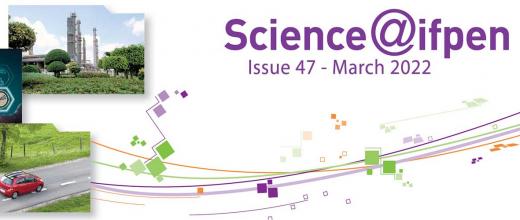Heterogeneous catalysts are materials that make chemically possible and economically viable countless industrial processes in the service of energy-related and environmental problems, such as fuel production and air quality (vehicle emissions, building interiors). Their implementation involves two major scientific challenges: (1) the identification of the chemical, structural and morphological properties of an optimal catalyst , (2) the evolution of these properties over the catalyst’s life-cycle (synthesis, preparation, use, recycling)...









